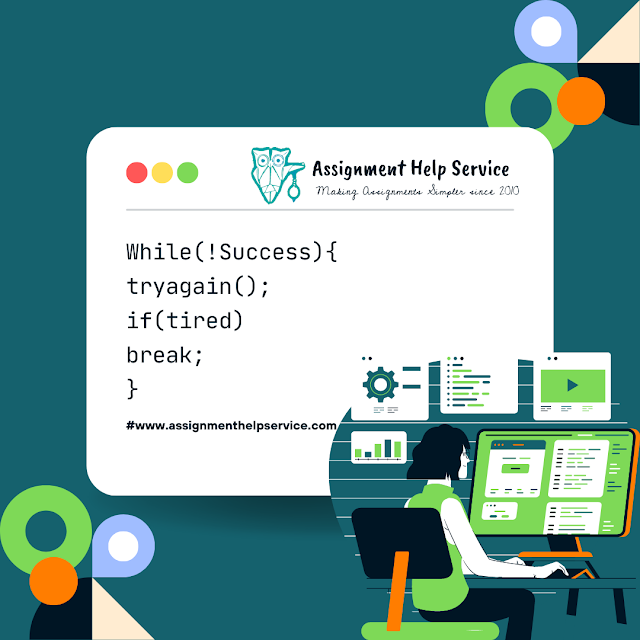A Beginners Guide to C Programming Language.
Introduction: C programming language is a popular and widely used language in programming. It is a versatile language known for its efficiency, portability, and low-level system access. C has been around for over 40 years and is still relevant today, as it is used in various applications such as operating systems, embedded systems, and games. In this blog post, we will learn the basics of C programming language, its history, features, and applications.
- The History of C Programming Language
C programming language was created in 1972 by Dennis Ritchie at Bell Labs. It was originally designed as a system programming language for the Unix operating system. C became popular in the 1980s when it was used to create the Unix operating system, which is still widely used today. Since then, C has become a standard programming language used in various industries.Features of C Programming Language:
- Portability: C is a portable language that can run on different platforms, making it ideal for cross-platform development.
- Low-level access: C provides low-level access to system resources and hardware, allowing developers to write efficient code.
- Efficiency: C is a fast and efficient language well-suited for performance-critical applications.
- Pointers: C allows pointers, which are variables that store memory addresses, allowing for more efficient memory management.
- Basic Syntax of C Programming Language
C programming language has a simple syntax that is easy to learn. A typical C program consists of functions, variables, and statements. #include <stdio.h>
int main() {
printf("Hello, World!");
return 0;
}
- Applications of C Programming Language
C programming language is used in a wide range of applications, including:- Operating systems: C is used to write operating systems like Unix, Linux, and Windows.
- Embedded systems: C writes firmware and device drivers for embedded systems like microcontrollers, IoT devices, and automotive systems.
- Games: C is used to develop games due to its low-level access and efficient memory management.
- Scientific applications: C is used in scientific applications like numerical analysis, simulations, and signal processing.
Conclusion: C programming language is a versatile and efficient language that has stood the test of time. It is widely used in various industries due to its low-level system access, portability, and efficiency. If you're new to programming, learning C can be a great way to gain a solid foundation in programming concepts. It's easy if we learn from the right resources and practice daily; anyone can learn to code in C and create efficient and powerful programs.
Source: Programming Help


Comments
Post a Comment